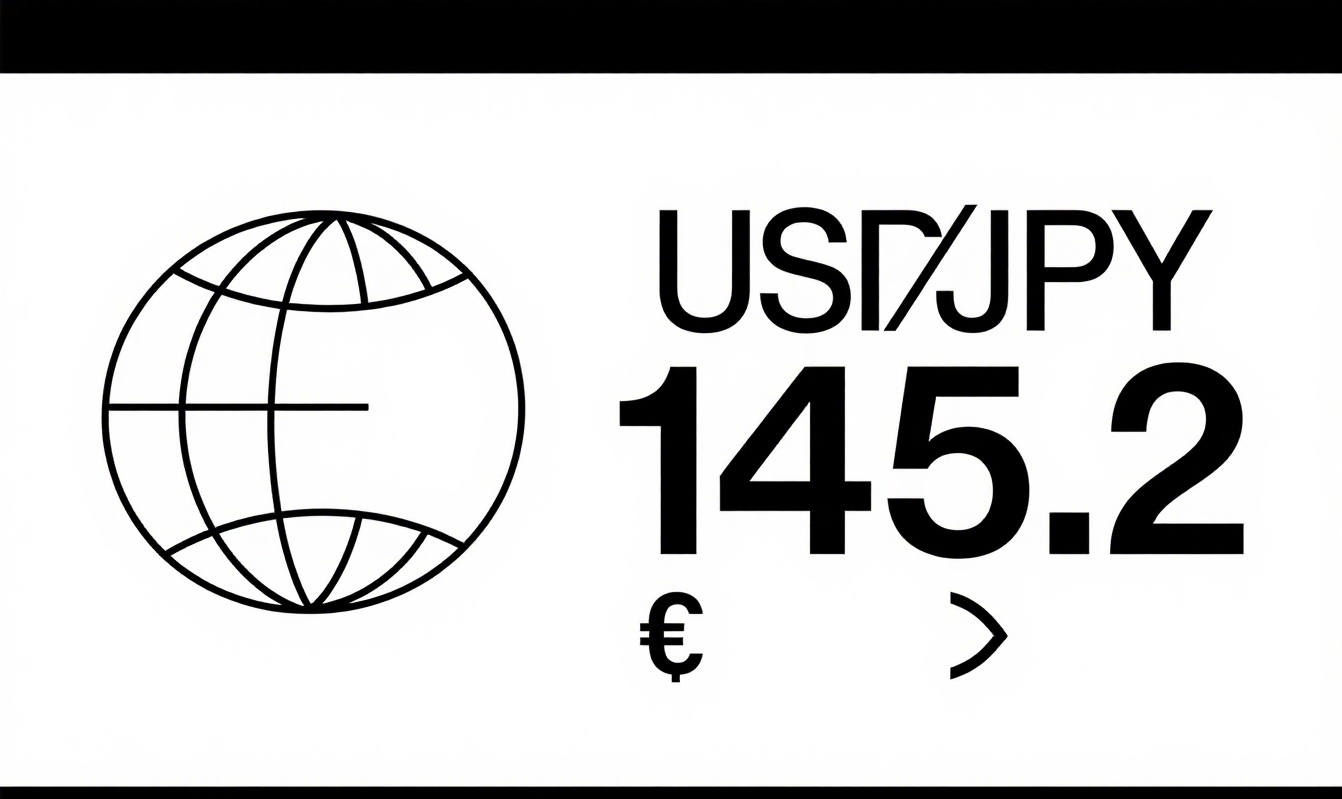
China-U.S. Economic and Trade Talks Held in Sweden: How Did the Business Communities Respond?
On July 31, the China Council for the Promotion of International Trade (CCPIT) held its regular monthly press conference. Spokesperson Wang Linjie presided over the event and responded to media inquiries.
A reporter asked about the recent China-U.S. economic and trade talks in Sweden and inquired about the reactions from the business communities of both sides.
Wang Linjie stated that from July 28 to 29, China and the U.S. held economic and trade talks in Stockholm, Sweden. The two sides engaged in candid, in-depth, and constructive discussions on issues of mutual interest, including bilateral economic and trade relations and macroeconomic policies. Meanwhile, business communities from both countries are also actively interacting.
She further elaborated that from July 28 to 30, at the invitation of CCPIT, Craig Allen, Chairman of the U.S.-China Business Council (USCBC), led a delegation to China. The delegation included executives from several prominent U.S. multinational corporations such as Apple, Goldman Sachs, and Thermo Fisher Scientific. The delegation visited Beijing and met with multiple Chinese ministries, expressing their commitment to deepening their presence in China and taking concrete actions to advance bilateral economic and trade relations.
Wang emphasized that the hope for China-U.S. relations lies in the people, and its foundation rests in grassroots exchanges. Over the years, the business communities of both nations have formed a mutually beneficial and win-win community of shared interests, serving as steadfast supporters of stable, healthy, and sustainable bilateral relations. According to the latest USCBC report, 82% of surveyed companies reported profitability in their China operations in 2024, an improvement over the past two years. NVIDIA CEO Jensen Huang, while attending the 3rd China International Supply Chain Expo (CISCE), stated, "China is not just one of many markets; it is a unique market," and "there is absolutely no possibility of a complete decoupling in global supply chains."
Since the beginning of this year, CCPIT has invited and hosted 30 delegations of U.S. institutional and corporate leaders. Notably, at the 3rd CISCE, the number of American exhibitors increased by 15% compared to the previous session, maintaining the top position among foreign exhibitors. Senior executives from multiple U.S. Fortune 500 companies participated in related events.
Wang also mentioned that this year marks the 20th anniversary of the China-U.S. Enterprise Cooperation Program (CMP), jointly established by CCPIT and the U.S. Department of Commerce’s International Trade Administration. The two sides have co-hosted events such as the China-U.S. Environmental Technology Seminar, China-U.S. Low-Carbon Industry Exchange, and China-U.S. Rail Transit Roundtable, with active participation from businesses of both countries and multiple cooperation intentions reached. "In the near future, we will also organize events focusing on industries such as smart mining and automotive," she added.
"CCPIT will continue to serve as a liaison and facilitator for deepening exchanges and cooperation between the business communities of China and the U.S., supporting U.S. companies in actively participating in China’s modernization efforts. Together with counterpart organizations like the USCBC, we will promote a new chapter of open cooperation and mutual benefit between the two nations," she said.
















